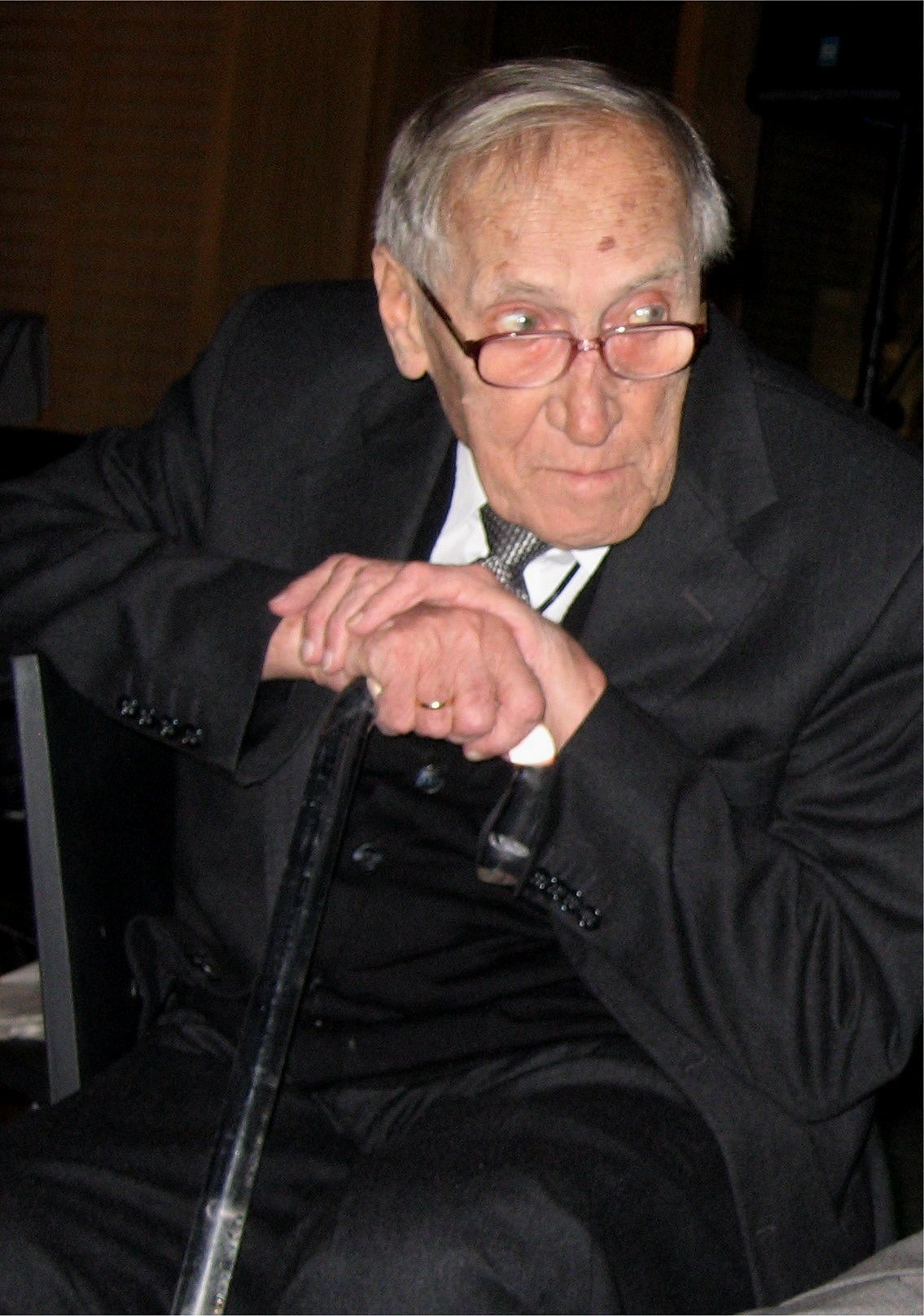“Fascist was, by definition, a person who happened to have been in jail in a communist country.”
"My Correct Views on Everything" (1974)
Context: When I collect my experiences, I notice that fascist is a person who holds one of the following beliefs (by way of example): 1) That people should wash themselves, rather than go dirty; 2) that freedom of the press in America is preferable to the ownership of the whole press by one ruling party; 3) that people should not be jailed for their opinions. both communist and anti-communist - 4), that racial criteria, in favour of either whites or blacks, are inadvisable in admission to Universities; 5 ) that torture is condemnable, no matter who applies it. (Roughly speaking "fascist" was the same as "liberal".) Fascist was, by definition, a person who happened to have been in jail in a communist country. The refugees from Czechoslovakia in 1968 were sometimes met in Germany by very progressive and absolutely revolutionary leftists with placards saying "fascism will not pass".
